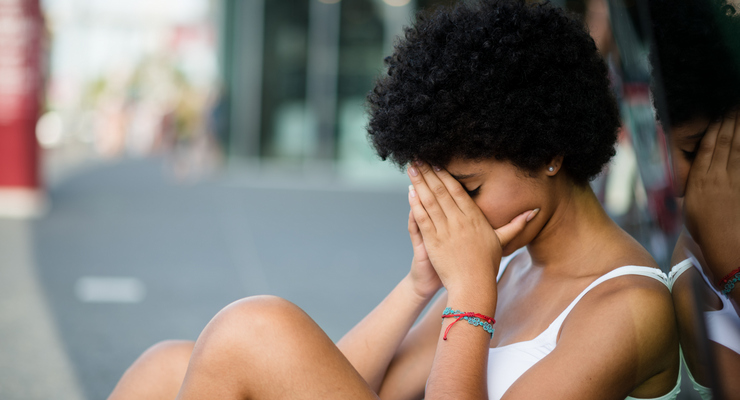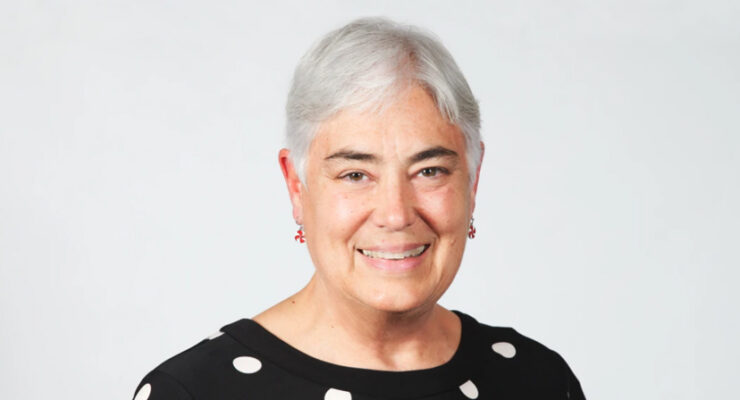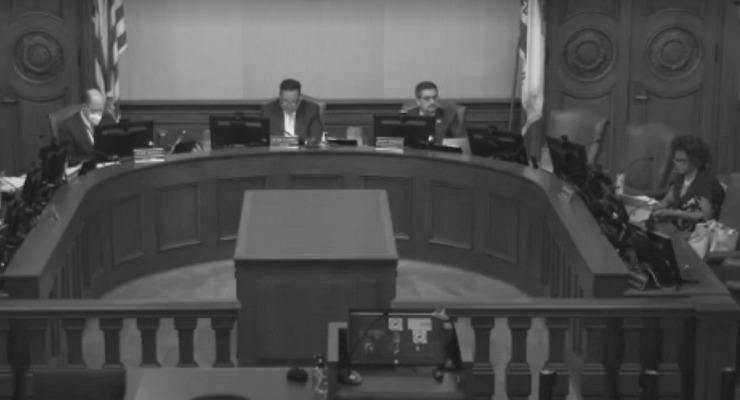
After three teen members of the Boys and Girls Club of Pasadena experienced severe mental health episodes involving self-harm or violence last summer, CEO Lisa Cavelier knew the Club could no longer do business as usual and had to expand its programs for mental health.
One of the things Cavelier realized after the “meltdowns” was that their staff needed more tools to be able to meet members’ social and emotional needs.
“When we had the incident[s], it occurred to me that we needed more help,” Cavelier said.
“[The incidents] led us to realize that not only were our teens and tweens being impacted by mental health issues, but also our staff needed more tools to be able to respond appropriately and to respond well to what they were seeing.”
Cavelier said after the incidents, the staff underwent mandatory training on Dialectical Behavior Therapy (DBT), an evidence-based approach to therapy that focuses on mindfulness practices, relationship building, and emotional regulation.
The Club partnered with the nonprofit Living Success Center and their network of therapists and psychologists for the training.
Over time, the partnership between the Club and Living Success Center evolved and strengthened, with Living Success Center helping the Club team to effectively share what they learned with their young members.
Cavelier said Living Success Center places Marriage and Family Therapist trainees at Clubhouses to lead weekly Life Skills Groups with middle school and high school students.
Aside from the Life Skills Groups, the Boys and Girls Club of Pasadena has hired a Case Manager, who is now working individually with the Club’s at-risk youth.
The Club’s new Case Management Program helps members who face challenges including poor mental health, poverty, and unstable family situations.
According to Cavelier, one of the challenges the Club faced as they expanded their programs is getting the right age group.
At first, the Club focused with Life Skills Groups on younger kids like fifth graders but later adjusted to seventh graders and up.
Building trust with the teens and getting them to share deep things has also been a challenge at first, as per Cavelier.
“We’re seeing teens coming in with some behavioral things and isolation things that’s [why it is] harder to reach teens right now.”
“I think each one has its own issues and I think certainly academic issues. So we’re really big on academic success at the Club, and we do a lot of work around that because that triggers a lot of other things.”
Aside from teens, the Club reports seeing younger kids with behavioral challenges coming in due to several reasons.
Besides academic issues, some of the kids are facing stress from parents divorcing, the incarceration of a parent, or gang involvement in the family, among many other reasons.
Cavelier said she is proud —and privileged— to bring more mental health programs and professionals to Club members.
With the rising number of young people facing mental health battles, she assured the community that their programs will expand further in the future.
Starting July, the Club will hire a second Case Manager to help with their mental health programs, according to Cavelier.
The Boys & Girls Club of Pasadena serves over 2,000 kids and teens annually with programs focused on academic success, healthy lifestyles, and character development.
The Club’s Life Skills Groups and Case Management Program will complement the existing social-emotional learning programs, including Meta-Moment, SMART Moves, and Empowered Voices.
The expansion of the Club’s mental health programs comes as Pasadena commemorates Mental Health Awareness Month this May.
To learn more about the Club’s mental health programs and to support their expanded program offerings, visit: https://bgcpmentalhealth.funraise.org/.














 0 comments
0 comments


